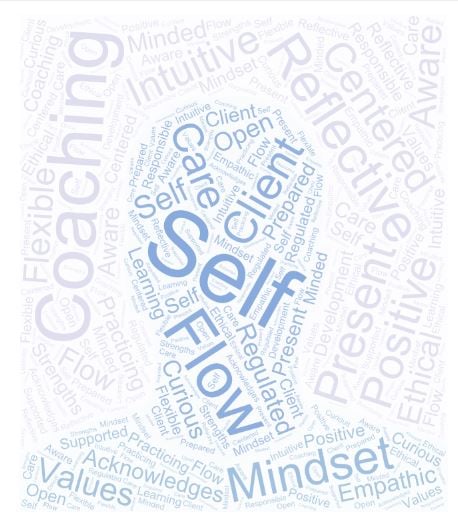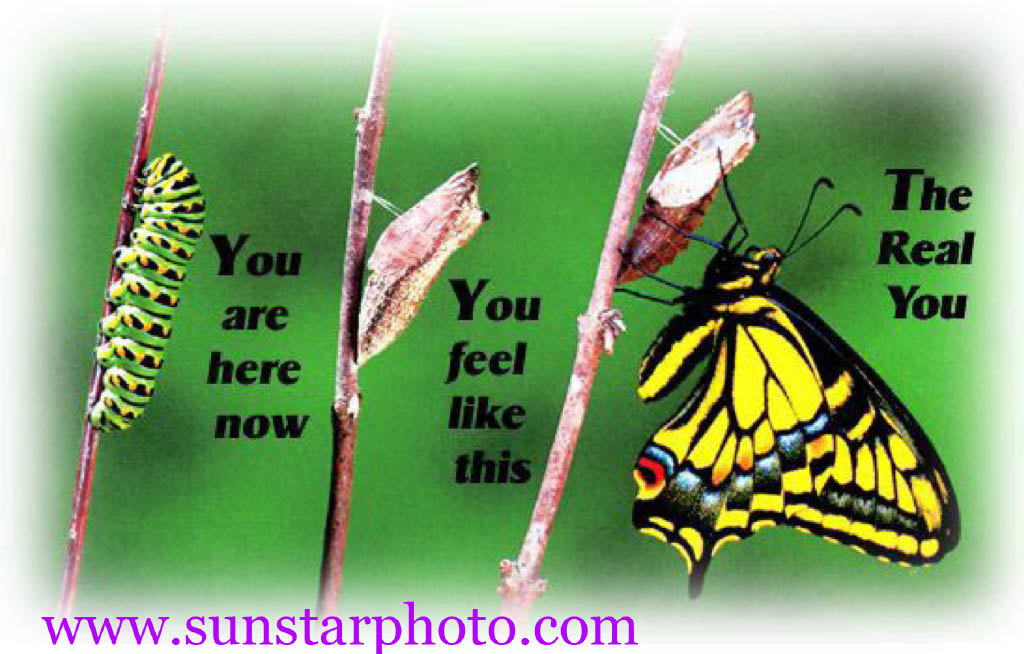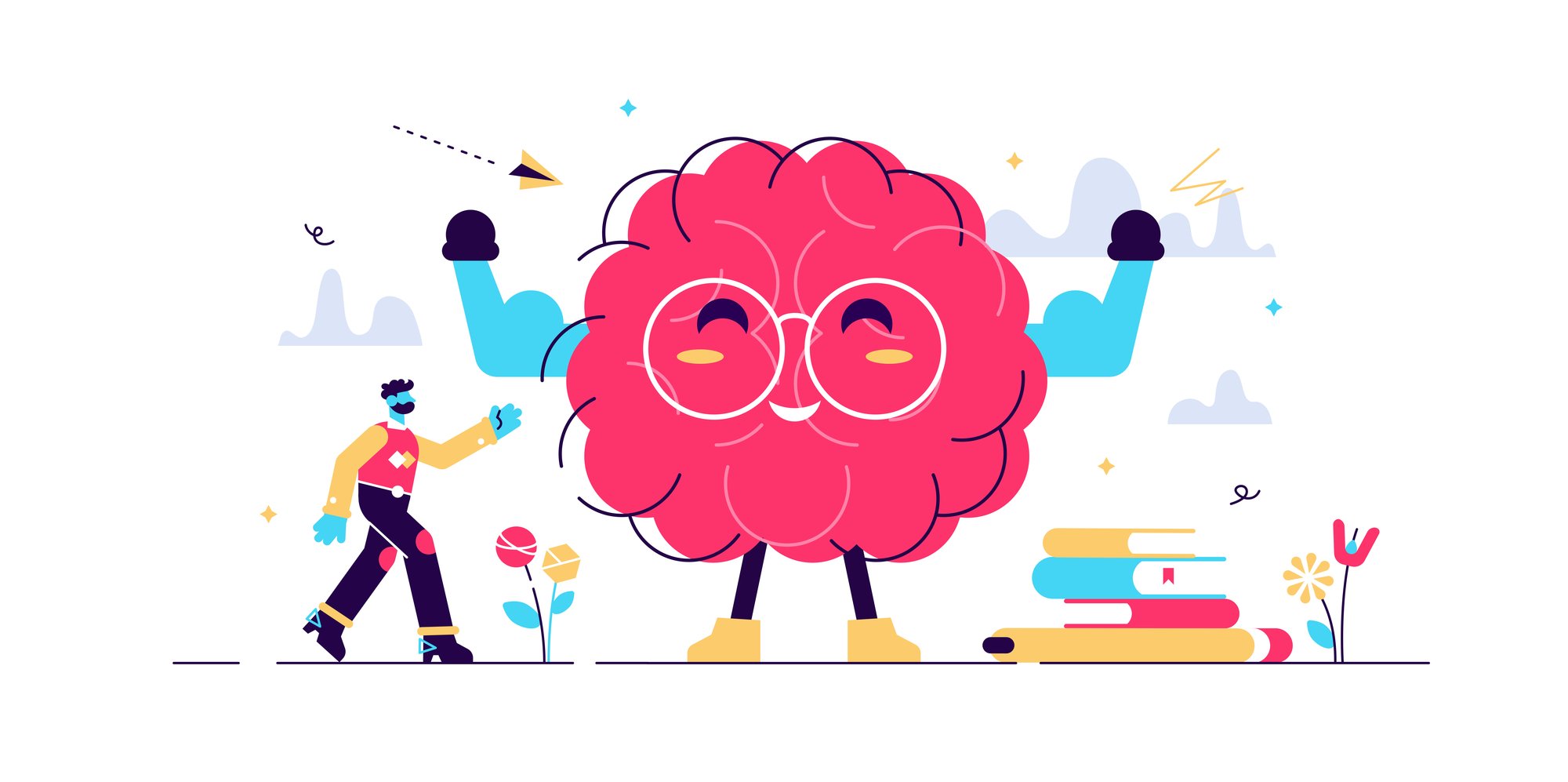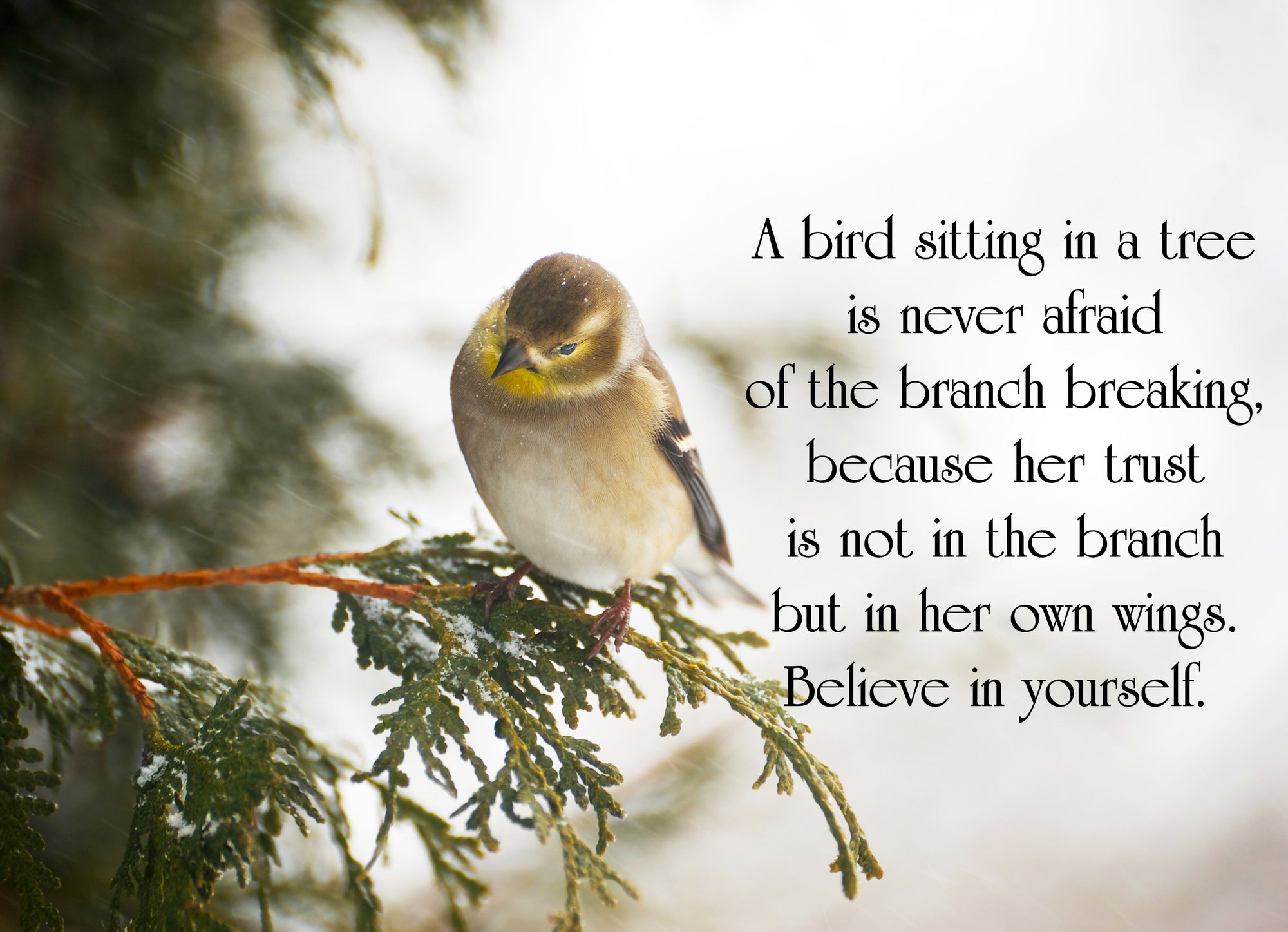
Highly Sensitive People have an opportunity to flourish even more than other people.
HSP is a popular term for a well-researched inborn trait called Sensory Processing Sensitivity that impacts 20% of the human population. Several gene variations have been identified that are associated with HSP and like any trait, HSP brings both advantages and disadvantages to the individuals who have it. If you are an HSP, you will notice more about your environment and process it more deeply, which can help you excel in intellectual, emotional, creative, or intuitive areas; as well as in relationships, and even in sports and business. But all that extra information can overload your nervous system, causing stress and overwhelm, so you'll pay a higher price for putting up with negative circumstances, but you'll profit even more from a positive environment than others will.
As an HSP, you need to pick your environments wisely or even create new environments to elicit your gifts while minimizing the costs.
Start first by identifying whether you are an HSP with the in-depth test below. Next, educate yourself about your trait so you can optimize it. The research into this personality trait is fascinating and may upend much of what you previously thought about personality, well-being, and mental health. But there is no diagnostic test for it, only a short scale used mostly by researchers. If you are a coach, holistic healer, artist, writer, or researcher; those careers are common to HSPs. Read on for how to identify your trait and get started optimizing it...
DOES is an acronym used to describe the main features of HSP. The D stands for the key feature of this genetic trait: Depth of processing. HSPs take in more information from their environments and that leads to both advantages, such as making better decisions, and disadvantages, such as suffering from over stimulation. O stands for over-arousability which can lead to upset or overwhelm, one of the downsides of HSP. Next is E which stands for Emotional intensity and Empathy. HSPs feel more intensely than others. This means greater highs and deeper lows. Plus, they are finely attuned to others and feel other people's emotions. The latter can create havoc if an HSP spends too much time around people who are emotionally disregulated, but it can be an asset at work and in most relationships, when smartly managed. Finally, S stands for Sensing Subtleties. HSPs are aware of subtle changes or differences that don't register for nonsensitives. The ability to notice subtle changes is an asset in many situations.
"Empath", by the way, is a self-identified trait that overlaps quite a bit with HSP but is not well researched. Hence, definitions of the Empath trait vary according to who the writer or speaker is and may include psychic abilities. But generally, there are enough overlaps between Empath and HSP that they may be the same trait. So if you think you are an Empath, take the test below. Both the test and this article are based on the writings of Elaine N. Aron and others, such as Michael Pluess, who research Sensory Processing Sensitivity ...
Because HSP is inborn, it will show up from birth and you will always have it.
So, in addition to taking this test, check with your parents about early indications that you were more sensitive as an infant. It is unlikely you will answer "Yes" to every question in the test, even if you are an HSP, because of independent personality factors or because you learned to subdue some of your sensitivity to blend in better with the majority who are nonsensitive. Likewise, you may not be an HSP but still answer "Yes" to some of these questions because you have developed sensitivities or strengths in some of these areas at some point in your life. Finally, a few of these questions may sound like traits that could show up in either HSPs or nonsensitives, but the key here is why they show up. Is it a product of sensitivity or not? If it is caused by sensitivity, it may be a normal trait for HSPs.
Take this 6-minute, 50-question test to know if you're a Highly Sensitive Person:
Answer "Yes" to the questions below if they are either "Sometimes" or "Always" true for you. You can also think of them as "Moderately" or "Very" true. If the majority of answers are true for you, you are likely an HSP. And if only a few of them are true but are "Always" or "Very" true, you probably are an HSP, although this test is not intended to be an official diagnosis. If you have this trait, take responsibility for it by doing everything you can to optimize it for your own benefit and for the benefit of your loved ones and others who come in contact with you. Otherwise, they and you will miss out on the rich possibilities of your trait.
- As a child, were you precocious in some areas but lagged behind your peers in others?
- Did adults sometimes assume you were shy or frightened because you paused before joining in at a new school, party, or activity, but you were really just taking it all in?
- Were your parents proud of your accomplishments but worried because you were so sensitive?
- Did your sensitivity ever make you a target for bullying, teasing, or taunts by other children with names like: Crybaby, Sissy, Nerd, or Teacher's Pet?
- Did your parents and teachers push you to shrug it off, toughen up, or fight back; but that was very hard for you to do (Don't answer Yes to this one unless the second part is also true)?
- Have you ever wished you were more like other people and/or secretly preferred your sensitivity?
- Do you love subtle or complex colors, flavors, scents, or music?
- Are you more sensitive than most to the effects of caffeine, alcohol, or medication?
- Have you always felt an affinity for animals or nature?
- Are you highly intuitive or have accurate gut feelings?
- Are you responsible and conscientious?
- Are you creative or innovative?
- Do you have a rich, complex inner life?
- For fun, do you prefer small gatherings of friends, going to a seminar, spa or spiritual retreat, or spending time in nature; but find big parties, loud concerts, nightclubs, or major sporting events too much (Answer Yes to this one, if the first part is true, even if the reverse was true in your teens and twenties)?
- Do you love helping others but do your best work one-on-one or in small groups?
- Do you take your time processing and assimilating new information and then make good decisions, have useful insights, find solutions, or have new creative ideas?
- Do you find busy city streets, stadiums full of people, or being around highly emotional people exhausting, upsetting, or overwhelming for you?
- Are you easily bothered by too much heat, cold, wind, or humidity, or by loud noises, rough fabrics, certain smells, or too little sunlight?
- Are you intensely spiritual or religious, and/or do you find meaning in secular philosophy, science, math?
- Have you become an expert or master in at least one area of your work or life but don't brag about it or expect much acknowledgement for it?
- Do people value you for your gifts but complain you are too sensitive or you expect too much?
- Are you highly emotional or have one or two very strong emotions?
- Do you ever wish you weren't so sensitive?
- Do you love spending time alone even if you are an extrovert?
- Do you need peace and quiet to be at your best?
- Are you more interested in improving yourself and less interested in competing with others?
- Do you feel shy or overwhelmed in new surroundings even though you are neither when in familiar surroundings (Don't answer Yes to this one unless the second part is also true)?
- Have you ever gone through a painful period when everything felt hard and you couldn't seem to keep up with it all, but have you also had periods of great happiness when it felt easy to succeed at your goals (Don't answer Yes to this one unless the second part is also true)?
- Do you feel like you've known more than your fair share of abusive narcissists (a.k.a. toxic people, emotional vampires, or high conflict people)?
- Do you love experiencing intense positive emotions but dread equally intense negative emotions?
- When something painful happens, does it seem to stay with you longer or do you have more trouble shaking it off than others do?
- Are you more easily hurt than most people by the things others say?
- Do you cry easily, or did you used to cry easily but have learned not to cry in front of others?
- Do people complain that you overreact?
- Have you spent most of your life acting tougher than you really are and has that cost you emotionally and/or physically (Don't answer Yes to this one unless the second part is also true)?
- Have you ever walked into a room and sensed that something was wrong even though no one said or did anything to confirm it, and did it turn out that you were right (Don't answer Yes to this one unless the second part is also true)?
- Do you intuitively know what others need and automatically try to provide it even if it wears you out?
- Is setting boundaries harder for you than most because you are so aware of what others' need?
- Do you sometimes need to withdraw temporarily from relationships, to recover, and do others feel hurt by this and sometimes punish you for it?
- Do you pick up subtle signals from others and adjust yourself to accommodate them?
- Do you have strong emotional empathy and deep compassion for others?
- Have you ever felt depressed or anxious around certain people or circumstances, but felt fine once you changed your environment (Don't answer Yes to this one unless the second part is also true)?
- Do you love being close to other people but still need your alone time (Don't answer Yes to this one unless the second part is also true)?
- Are you choosy about who gets to be close to you?
- Do you find it harder than others to let go if you get close to the wrong person?
- Do you feel especially alive when you are in a forest, near the ocean, or in some other natural setting?
- Do you love traveling and sight seeing but in smaller doses than most people (Don't answer Yes to this one unless the second part is also true)?
- Do you find your life is dramatically better when you pay attention to your self care?
- Have you noticed that enough sleep makes a huge improvement in your life?
- Have you built your life to accommodate your sensitivity and have you noticed your life has improved tremendously because of it (Don't answer Yes to this one unless the second part is also true)?
Again, if you answered "Yes" to most questions or answered "Yes" to fewer questions but your answers were "Very" true or "Always" true, you most likely are an HSP.
This is important because HSPs benefit more from positive people and environments, and are also harmed more by negative people and environments.
To enjoy greater happiness and success, HSPs must accommodate their trait and communicate to important nonsensitives why they are the way they are. If you skip this, your life will likely be unnecessarily difficult and painful when it could be both joyful and successful.
The good news is you have more to gain from positive psychology coaching than most people and can enjoy what researchers call, Vantage Sensitivity. Vantage sensitivity is the ability to excel because of the HSP trait, sometimes beyond what nonsensitives accomplish, but only if your life is well designed to optimize your trait.
Because of Vantage Sensitivity, it is well worth your while to invest in coaching and become your best self, especially if you are an HSP.
Would you like to develop your Vantage Sensitivity? Download Self-Care for Highly Sensitive People and pick one idea from it. Then perfect that idea. HSPs are gifted at over-responding to problems. When you focus that gift on over-responding to your own needs, you create capacity, strength, and the ability to do almost anything! This is just the beginning...
Are you ready to give Vantage Sensitivity a try? Then start upgrading your self-care.
Download Self Care for Highly Sensitive People below:

 On September 27th, I had a fun talk with Winnie Dunn, PdD, OTR, FAOTA, the leading authority on sensory processing, on how differently we each experience the world based on our sensory traits.
On September 27th, I had a fun talk with Winnie Dunn, PdD, OTR, FAOTA, the leading authority on sensory processing, on how differently we each experience the world based on our sensory traits.




 The
The 















